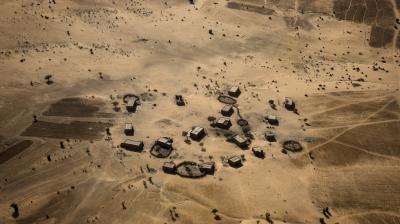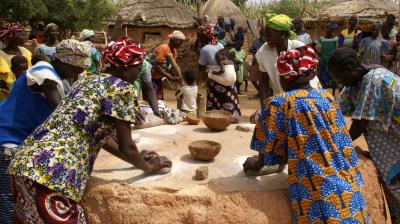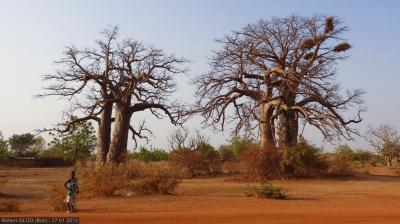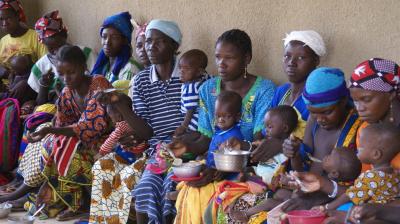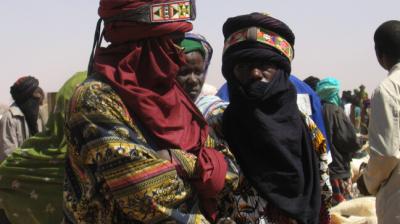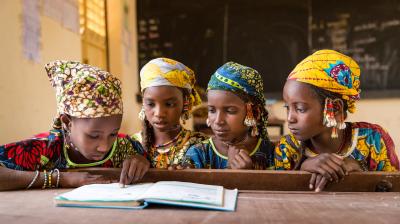The case of Burkina Faso’s Sahel Region
What role can traditional authorities and religious leaders play to improve the resilience of their communities against violent extremism? Sahel, Burkina Faso’s northern region, is a key region in which to probe into this question for two reasons.
First, it has been the region in Burkina Faso most affected by violent extremism, and so far attempts to stem violent extremism in the region have not yielded sufficient success. In 2020, reported fatalities in the Sahel region outnumbered those in the neighboring regions of Centre-Nord and Est by a factor of five. More civilians have been killed by state security forces than in attacks by extremist groups. Second, Sahel is only a moderately resilient place. Compared to other regions in the Liptako-Gourma, communities in the Sahel region are somewhat more resilient than in the Ménaka (Mali) and Est (Burkina Faso) regions, but fall short compared to Tillery (Niger) and Centre-Nord (Burkina Faso). Sahel scores moderately well on a number of other resilience indicators.
To assess community resilience in Sahel, we surveyed 238 respondents and interviewed over 75 key informants. These data show that respondents in Sahel overwhelmingly feel that their customary authorities serve their communities’ interests rather than their own (coming in second only to the Centre-Nord region in this aspect). Their trust in these authorities is rather low, however, with Sahel coming in second to last when compared to other regions for trust in traditional authorities and last for trust in religious authorities.
In terms of treatment of various subgroups in society, traditional and religious authorities are generally seen to favor one group over others – in particular men, elders, rich residents, and herders. Finally, it is the region where security measures taken by customary authorities are seen to have contributed the most to increasing respondents’ security and where their conflict resolution measures have had the biggest positive impact.
At the same time, Sahel differs from other regions in one key aspect: formal state authorities at the local level play a stronger role than they do in other contexts. Whether it involves being a first recourse for help when faced with a crisis, justice provision, or conflict resolution, state officials such as military or members of village development committees play a larger role than elsewhere. Hence, Sahel is a place where traditional and religious authorities are viewed as providing good governance output but are trusted comparatively less, and local state actors play an important role. What explains this discrepancy, and what does it mean for the role that customary leaders can play in promoting community resilience against violent extremism?
This report explores this question on the basis of data collected in five municipalities: Djibo, Dori, Bani, Sampelga, and Gorom-Gorom.
Read full report.
Pour la version française cliquez ici / this report is also available in French.
About the project: Customary Actors & Community Resilience
This report is part of a series of reports produced for the project Customary Actors & Community Resilience. The project explores community resilience against violent extremism. It assesses specifically how traditional and religious authorities can improve the resilience of their community. In partnership with USAID and ICCT Clingendael experts surveyed nearly 30 municipalities in the Ménaka and Gao regions (Mali), the Tillabéri region (Niger), and the Sahel, Est, and Centre-Nord regions (Burkina Faso). Results are based on 1400 quantitative surveys and 600 qualitative interviews.
Explore project site with the reports and data.
Follow @annateesch on Twitter and subscribe to our newlstter 'Echoes of the Sahel'.




